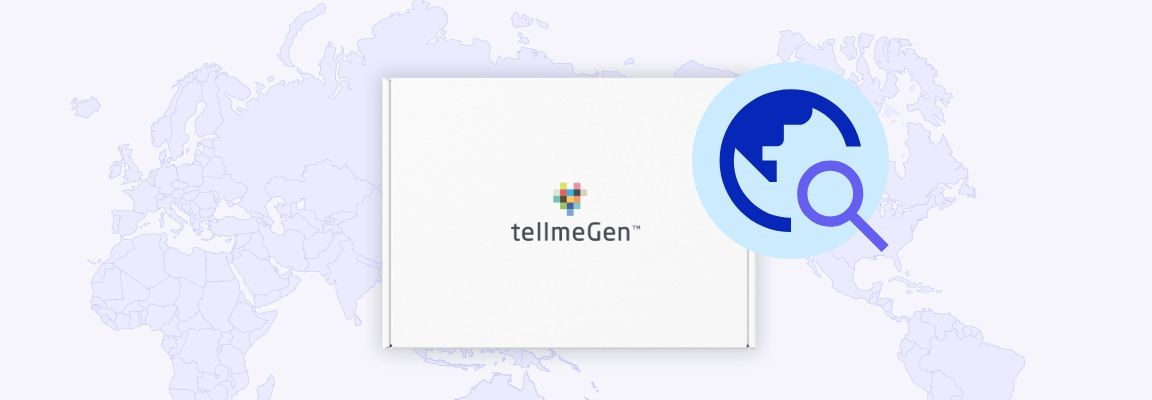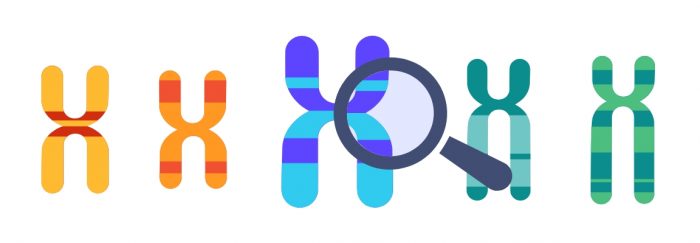The information in our DNA is an ‘open book’ that contains a multitude of data related to our life, health and wellness.
This information is in files called Raw Data which are owned by each person who takes a DNA test. This means that, if you have taken the test with any company, you can access and download your Raw Data file in order to upload it to another platform.
We say that these files are raw data because they cannot be interpreted without being processed previously.
For the clueless, at this link you can see what genetic Raw data is.

How is my Raw Data read?
Raw Data files offer genetic information and each field offers different information:
- rsid: is the number that defines a human variation in the public genetic database dbSNP.
- chromosome: it indicates the number of the chromosome where the genetic variant is placed. There are 22 pairs of autosomal chromosomes which are indicated with a number and the sexual chromosomes that are named as X and Y. There are also markers in mitochondrial DNA that appears listed as “MT”.
- position: is the position of the genetic marker according to the human genetic assembly GRCh37.
- genotype: contains genotyping results for the genetic markers.
Not everyone has enough knowledge to know what each field means, so at tellmeGen we also interpret them for free.

So what can I do with my raw data file? What useful information does it provide?
You can do a lot of things with your Raw Data file. There are multiple advantages of genetic raw data files. One of them is to upload your Raw DNA Data to the tellmeGen platform so that, for free, we can read it, process it and, most important thing, interpret it in order to get as much information as possible about what your genes say about you:
- Genetic predisposition to diseases compared to the average risk of individuals of your own age, race and sex.
- Pharmacological compatibility: each organism processes medicines differently, so if you know how your body works, you can get the best treatment for you.
- Development of monogenic diseases: you can find out if you are a carrier of a monogenic disease and what implications has this on your health or on that of your children.
- Personal data and traits: your DNA has information about your personality, such as alcohol tolerance level, and about your physical traits.
- Information about your wellness: the DNA test can give you information about how you respond to physical exercise or your ability to eliminate harmful substances from your body.
- Ancestry test: your ancestry analysis provides information about your possible origins.
All this you can know about yourself provides extremely valuable information to different health and wellness professionals such as doctors specialized in preventive and personalized medicine, nutritionists, trainers, physiotherapists, etc.



